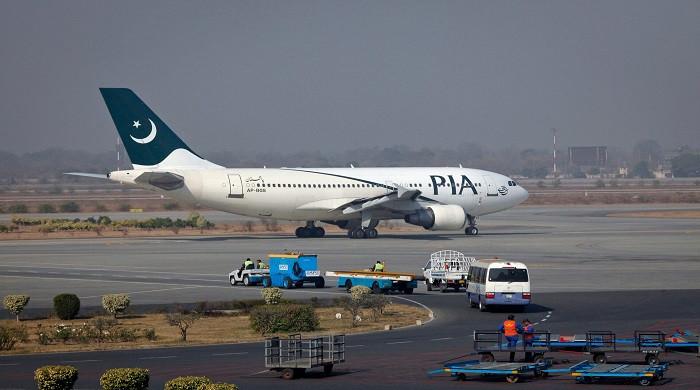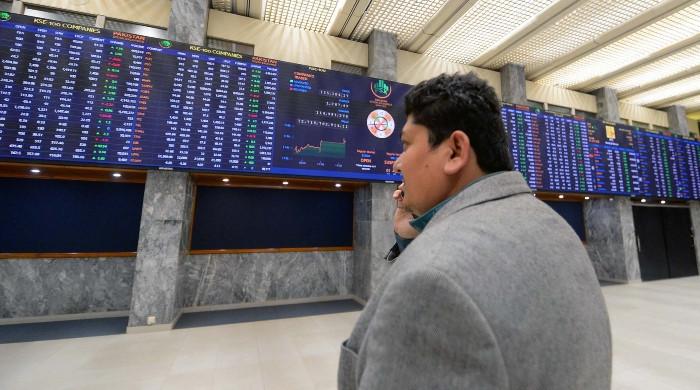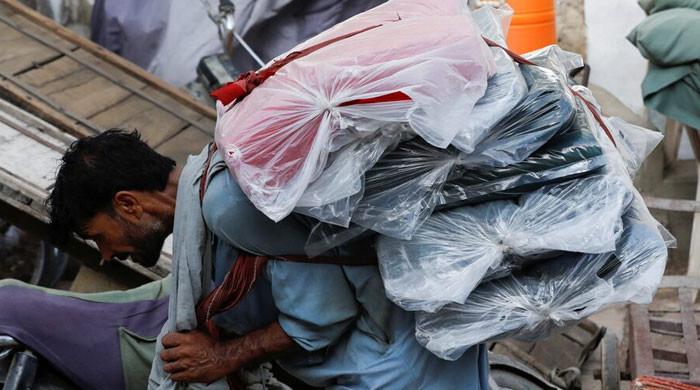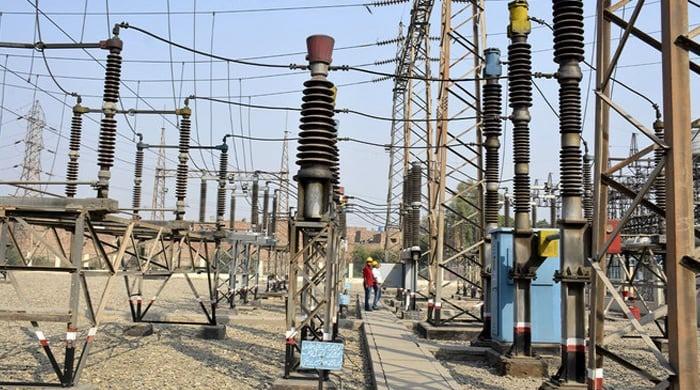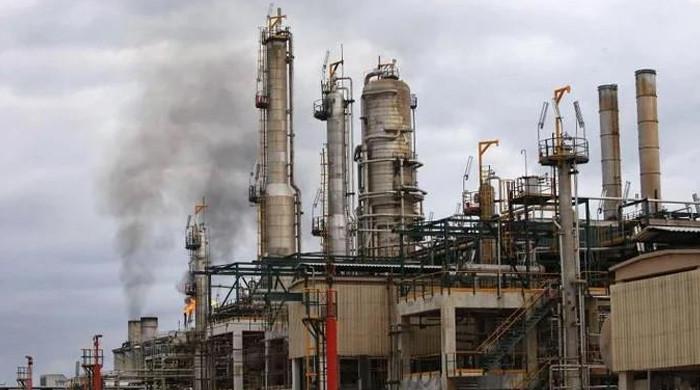Import hurdles force Toyota carmakers to halt production till March 27
Production plant will be completely shutdown from March 24 to March 27 (both days inclusive)
March 24, 2023
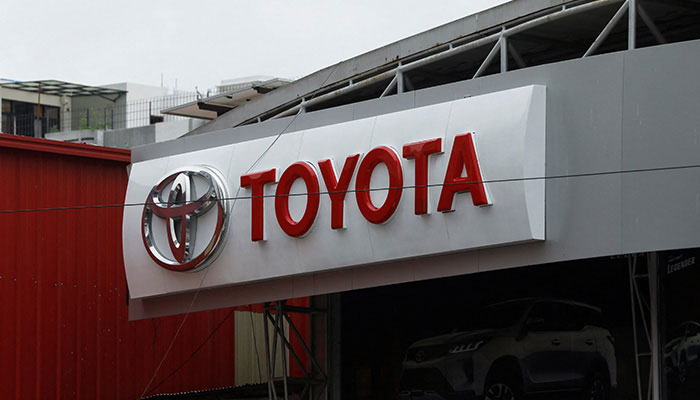
- Production plant will be completely shutdown from Mar 24 to 27.
- Company faces hurdles in import of raw materials, opening LCs.
- Vendors are unable to supply raw materials to company.
Pakistan’s leading car assembler, Indus Motor Company (IMC), Friday announced a four-day plant shutdown — the second time in the ongoing calendar year — due to “hurdles in import and clearance of consignments”.
The company, in a notice sent to the Pakistan Stock Exchange (PSX), revealed that the production plant will be completely shutdown from March 24 to March 27 (both days inclusive).
The IMC management mentioned that the company and its vendors continue to face hurdles in the import of raw materials and receiving clearance of their consignments from commercial banks, on account of difficulties in opening letters of credit (LCs) for raw materials by banks.
“This has disrupted the supply chain of the company and its vendors are unable to supply raw materials and components to the company,” the notice read.
The coalition government, since reigning into power, has been trying to curb imports in the face of fast-depleting foreign reserves, a declining currency and a widening current account deficit.
The move has had a cascading effect on industries that rely on imports to complete finished goods as they say the central bank has delayed the clearance of LCs with banks facing a shortage of dollars, affecting their ability to import materials.
It should be noted that the IMC had announced a “complete” shutdown of its production plant in the country from February 1 to 14 period, citing “insufficient inventory levels” as the reason behind the move.
Moreover, the company has been working on production on a “single shift” basis from February 15.




